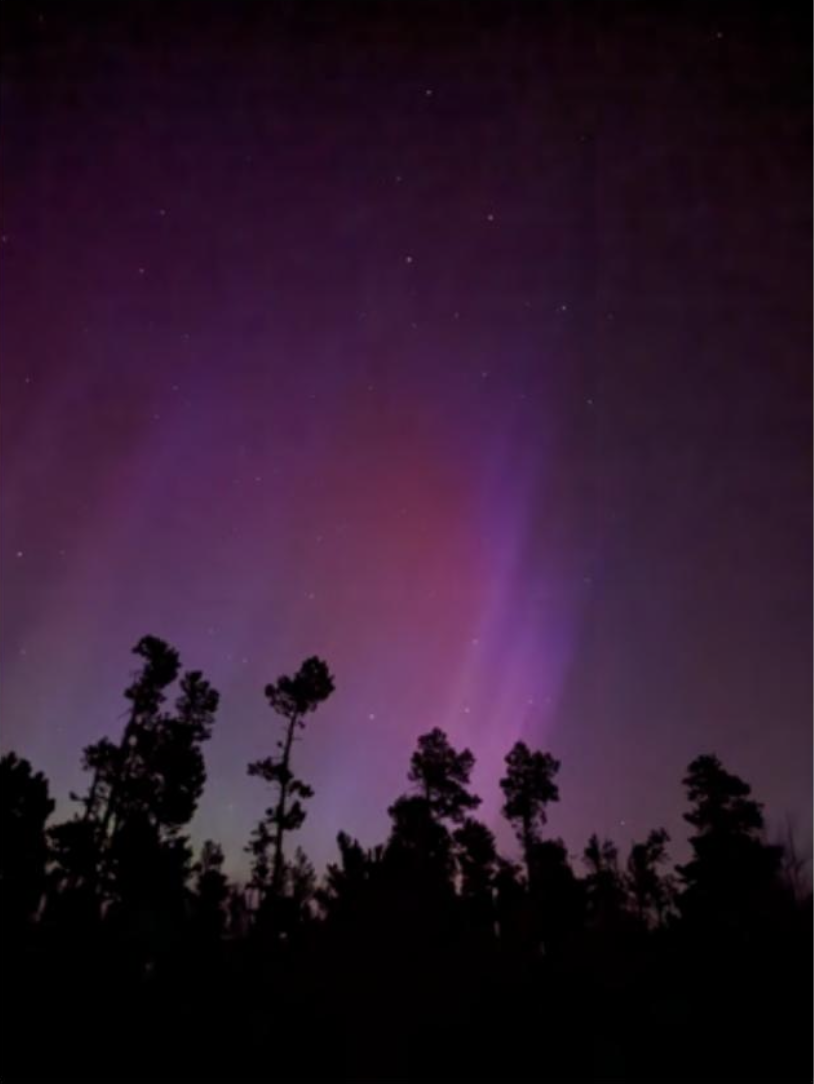Dark Skies/CC After Dark Project
In collaboration with the physics and anthropology departments and the Chaplain's office, students will research dark skies initiatives and policies of the region. Many towns in the West are passing dark sky initiatives, which have exposed many benefits. Student-researchers with interests in physics/astronomy, philosophy, and anthropology will be tasked with providing the history of the cosmos (the stars/constellations we see in the western skies), and its fundamental influence on being human, (and thus our ideologies, philosophies, cultures, religion, etc.); the role of stars in navigation and exploration of our planet; our understanding of our significance in the universe; migration; astrology; myths (maybe emphasize western US indigenous, Afro-American, and Latinx) and celebrations/ceremonies, and stories.
This project is made possible with the support of the William and Flora Hewlett Foundation.
You can find the official Colorado College Dark Skies website here.
Project Goals
Students will examine the eco-environmental impact of too much light during the dark hours – for example, the effect on the nocturnal process (i.e., CAM4 photosynthesis; species diversity and populations; migration and feeding; photosynthesis; pollination; sleep; etc.). Another component of this project entails collecting photos and sound recordings of dark skies in other towns and comparing them to the dark skies the same night in Colorado Springs.
Some questions this project will seek to answer:
- What stars are visible in each location?
- What do we hear in the dark?
- Is sound a conservation concern?
- Should these questions be included in the 2023 Conservation in the West Poll and be a consideration for policy-making?
Interns' Essential Duties
- Provide scientific background on how stars came into existence, the myths and creation stories we have created about them; the role of stars in navigation and exploration of our planet; our understanding of our significance in the universe, migration; photosynthesis, nocturnal plant, and animal processes/behaviors; pollination; sleep; etc.
- Write and conduct a survey of community members’ attitudes toward the Dark Skies initiative around campus, Colorado Springs, members of Dark Skies communities, etc. to inform future policymaking decisions.
- Assess the CC campus and consider starting a CC ‘After Dark’ project.
- Help promote Dark Skies initiatives and implementations as a model for other colleges and communities.
Aurora Borealis Project
A recent project done by Alice O'Niell-Freeman, '27, is a powerpoint presentation created of a collection of lots of different photos of the Aurora Borealis (northern lights) that could be seen in May 2024 in the Rocky Mountains. Alice collected photos from lots of different photographers whom she tracked down and put them all in one place in this slideshow which can be seen below.
Click here to access Alice's powerpoint!

Image by Scotty Stauffer
